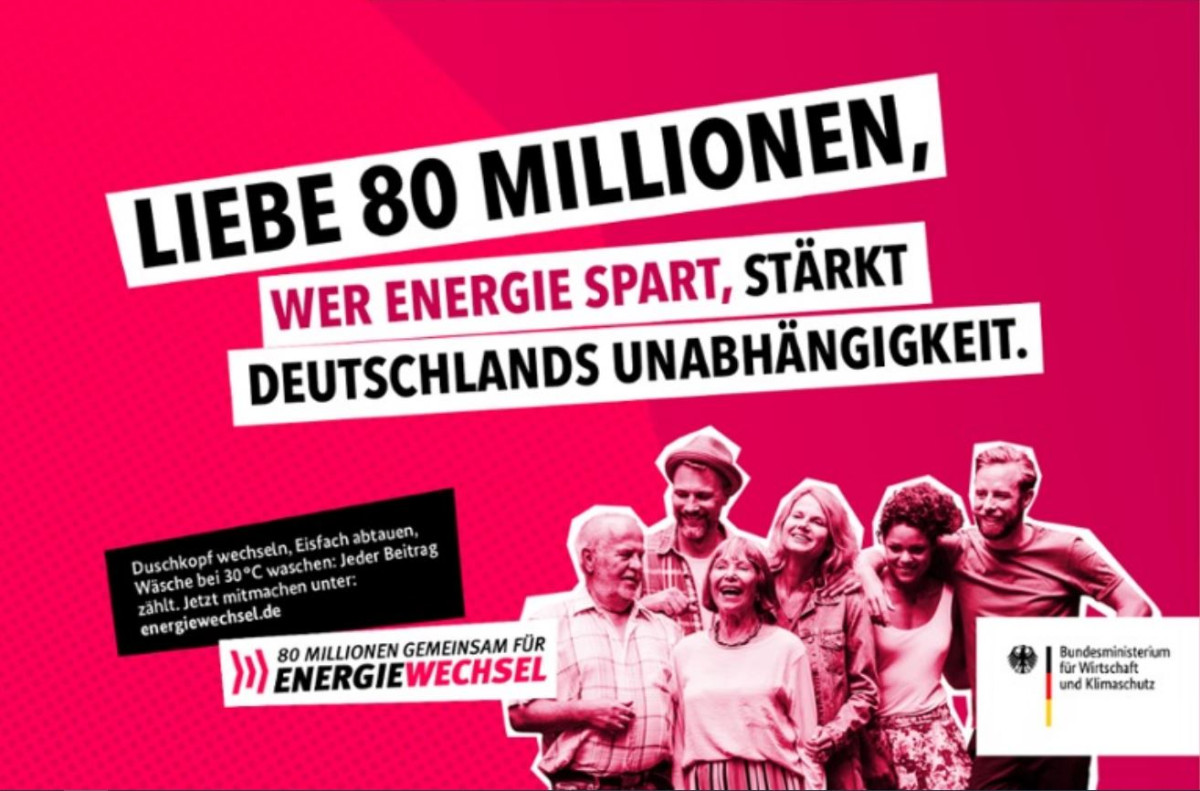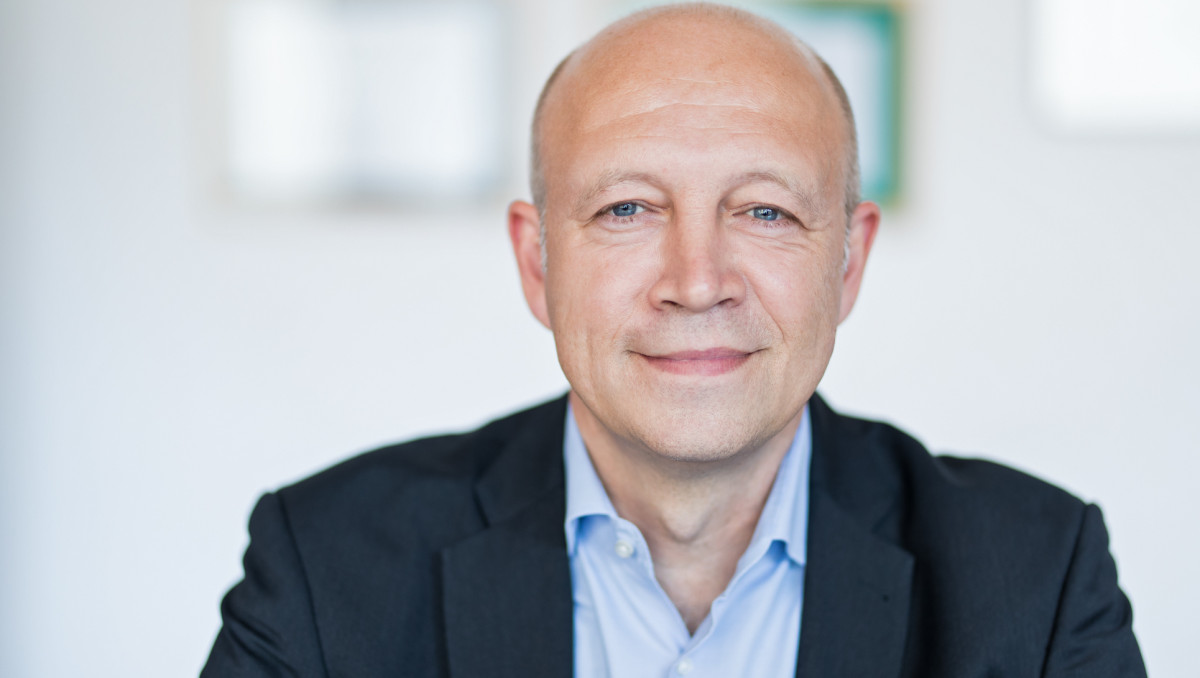Preview 2023: Germany can get safely through next winter with focus on energy efficiency – agency
This interview is part of a series to preview the German and European energy and climate policy in 2023.
Energy and climate policy in 2022 has been dominated by Russia's war on Ukraine and the European energy crisis. What impact do you expect the war to have next year, and which other topics will likely dominate the agenda in your sector in 2023?
The outbreak of the war in Ukraine in 2022 at least temporarily has moved the focus of the German government from sustainability towards energy security, as decisions like the increased use of coal plants in the electricity sector have shown. We also see that many citizens have been hit by rising energy prices, which makes it necessary to pay close attention to social cohesion. On the other hand, we currently see a huge dynamic regarding efficiency, renewables and the energy transition in general. Households and companies want to get rid of fossil fuels and energy dependency as fast as possible. It appears that the explosion of energy prices has been the most disruptive driver for the energy transition in ages.
In 2023, we will need to reset our focus on the rapid deployment of renewables, the establishment of robust supply chains for their production, infrastructure development, especially digitalisation, and the market uptake of hydrogen. We will have to prepare good strategies to move forward on our agenda towards climate neutrality, against the backdrop of difficult economic circumstances.
Chancellor Scholz's traffic light coalition has just finished its first year in office - what do you think the administration got right so far and what does it have to deliver on most urgently next year?
Chancellor Scholz and his government have been operating in very difficult circumstances. In my opinion, they have done a tremendous job in tackling multiple crises. Of course, mistakes happen when things are this difficult, but in general, Germany is in a very good place. Our gas storages have been completely filled and we have built import facilities for LNG that are starting to operate. We are likely to get safely through this winter and the one after that – provided that we keep up our effort on energy efficiency. The measures taken for financial relief of citizens are complicated for stakeholders, but I think they will help a lot to counterbalance the impact on consumers.
For 2023, we will need to focus on the long-term issues to prepare the country for a climate neutral energy system and get better organised in order to reach this. The targets are very ambitious, and we are still very far away from reaching them. We need to intensify discussions on electricity market design, system development, building up European value chains for transformation technologies and speeding up the planning and permitting procedures for renewable energy and related infrastructures. The need to enhance energy security creates an opportunity to build a cleaner economy that is less dependent on fossil fuels. A green public investment push is urgently needed to crowd in private investment in clean technologies like renewables.
Which topics have been overshadowed by the crisis in 2022 and should receive more attention in the new year?
The year 2022 has been dominated by discussions around old (fossil) energy sources and technologies. In 2023, we should focus more on innovation to reach our long-term goal of climate neutrality. We still have so much potential to tap into from innovative technologies and digitalisation in the energy sector. I think we need to put our effort in unleashing this potential by decreasing administrative burdens and mobilising investments. We have no time to lose!



